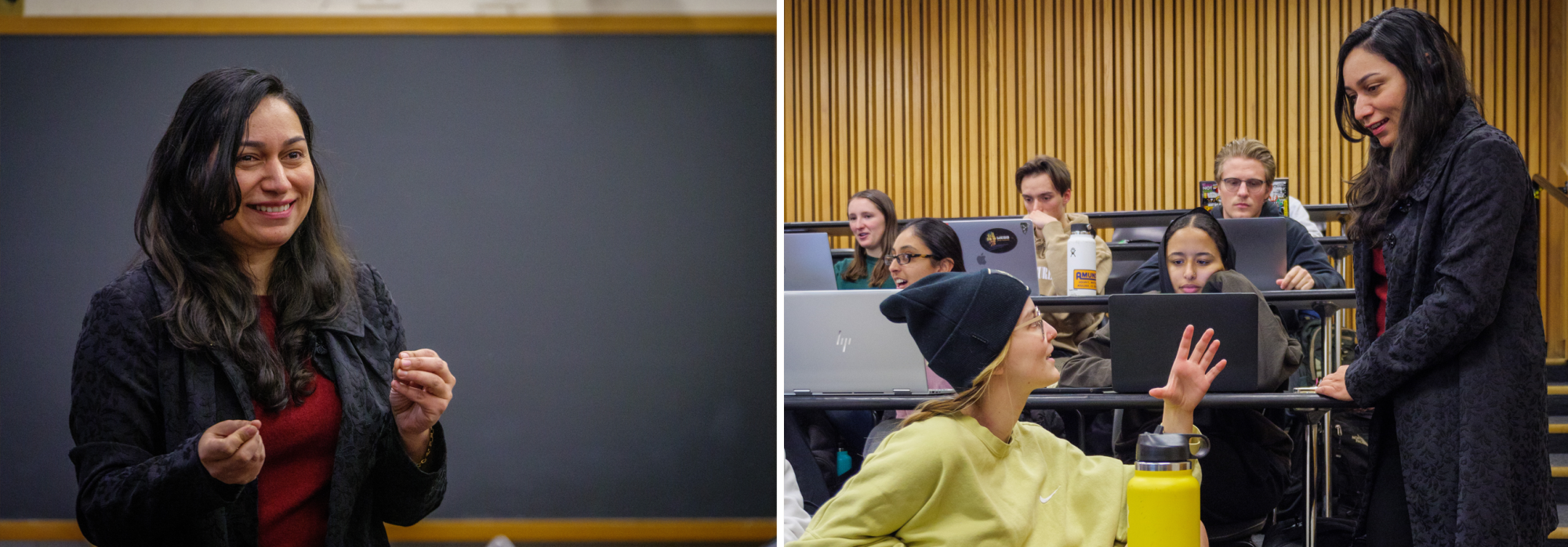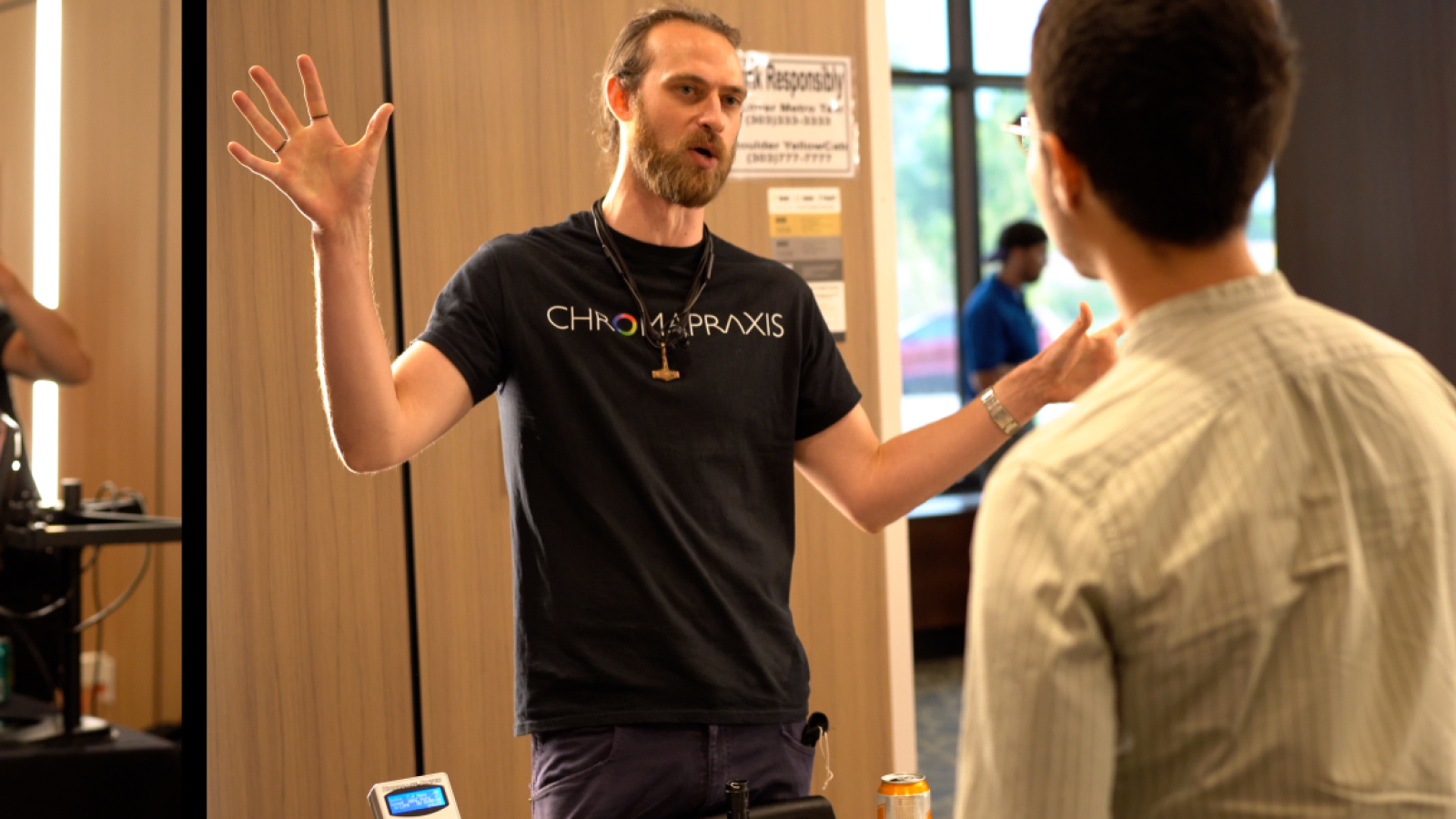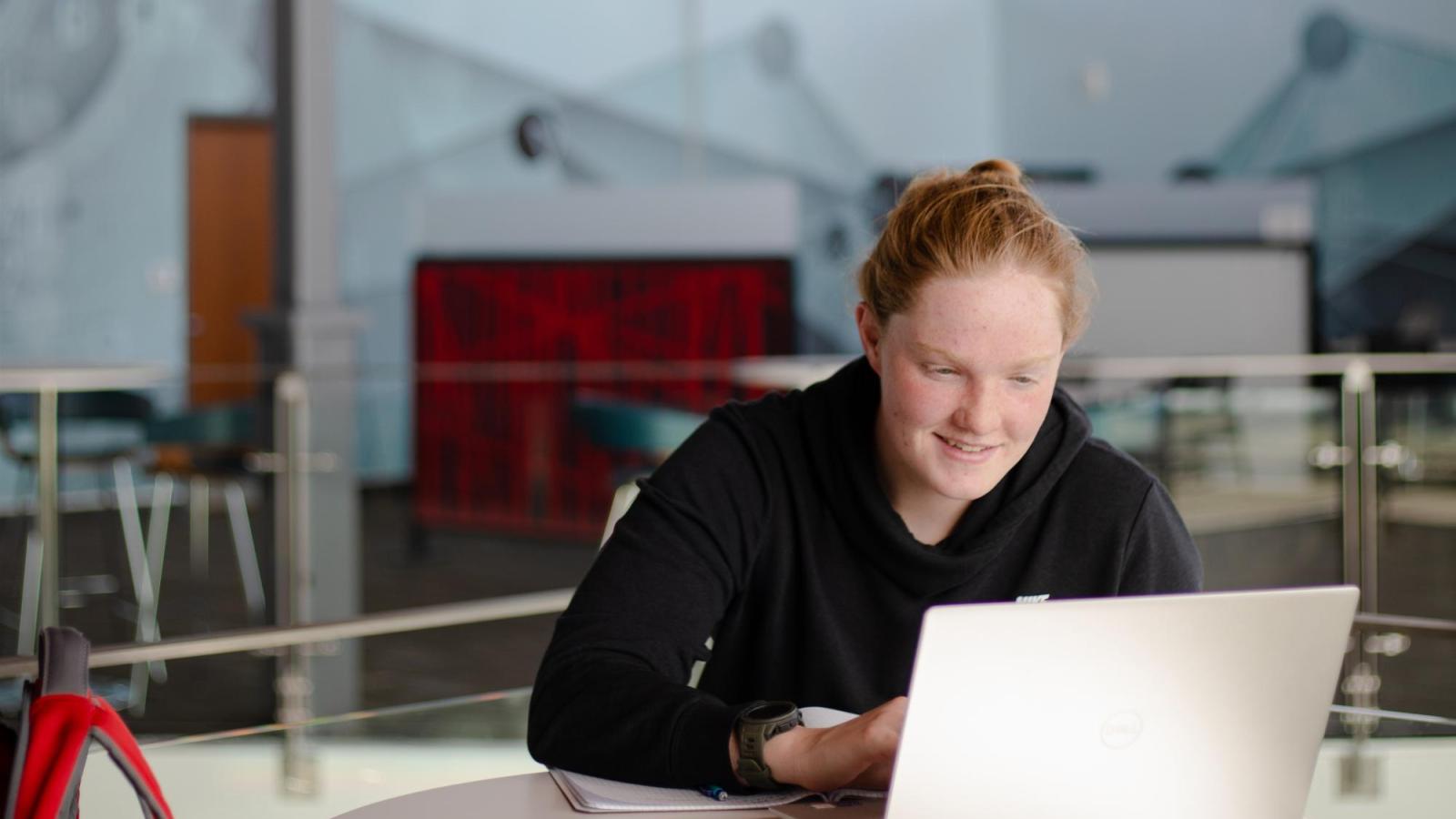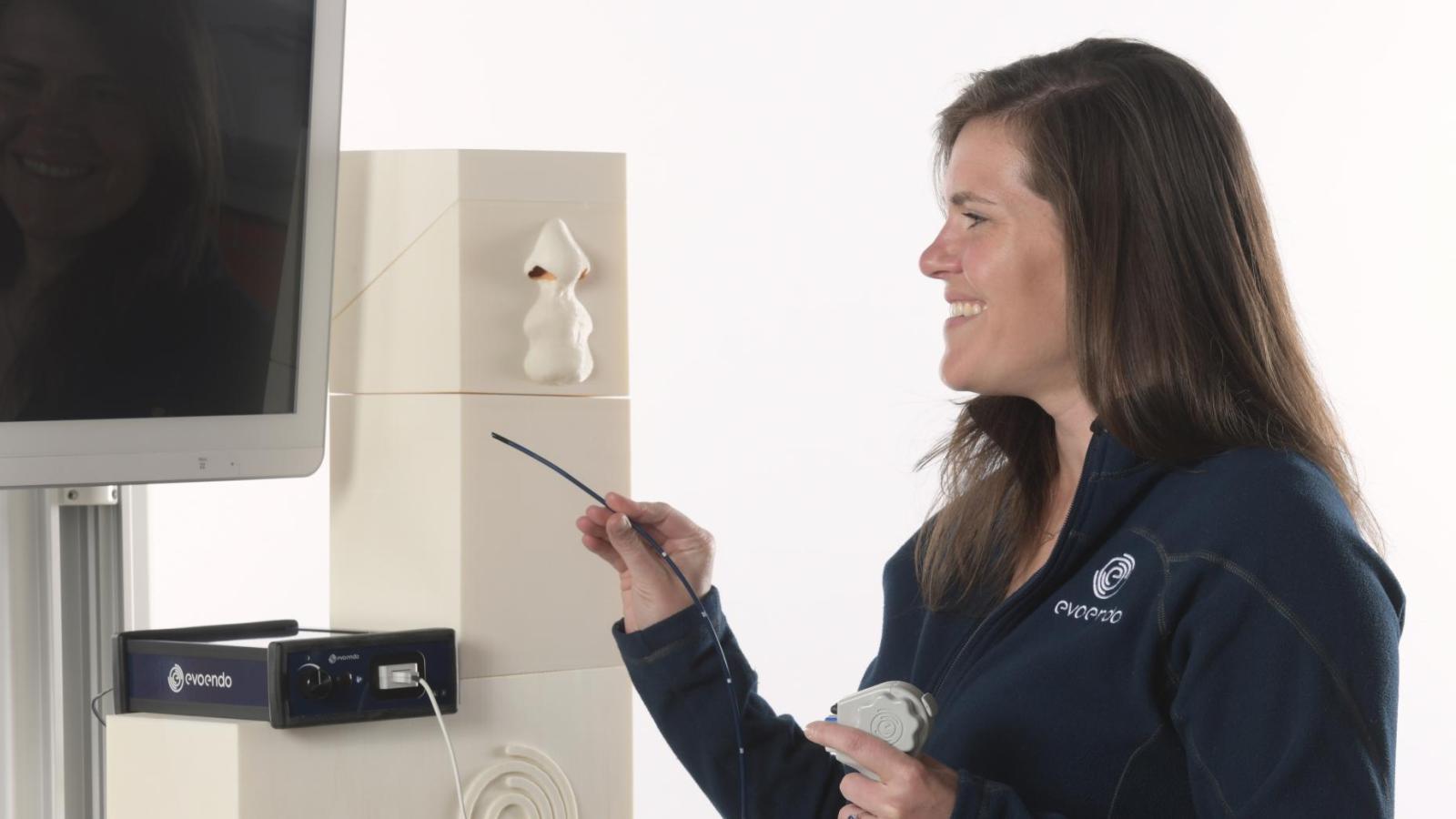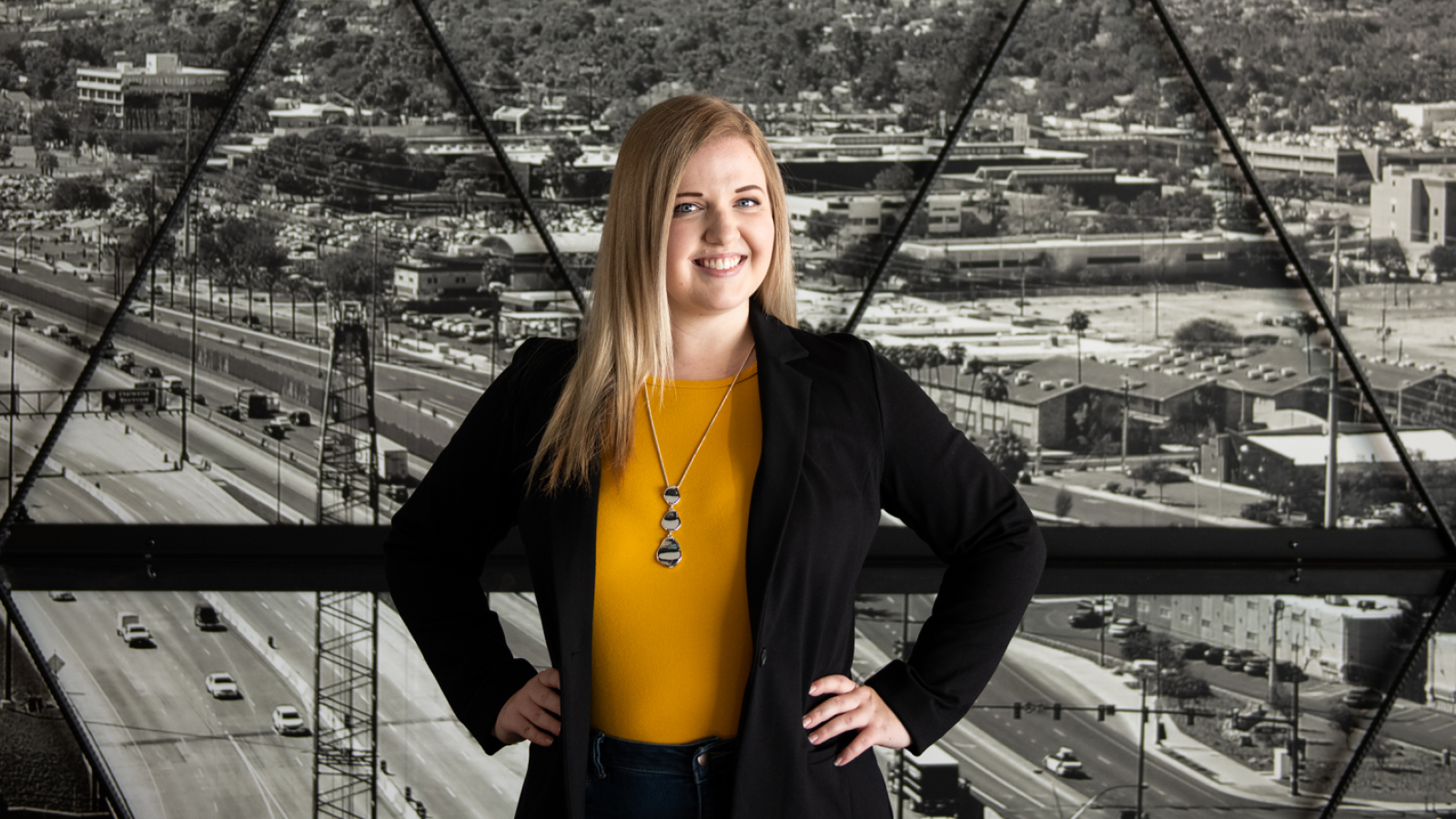
Professor invites new voices into her research and teaching
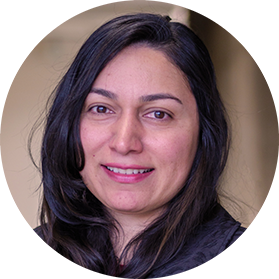
Azadeh Bolhari
“We’re giving the community access to labs, tools, knowledge and expertise.”
Azadeh Bolhari is turning traditional engineering research on its head, opening her lab to the public for input on research.
“As engineers, historically we’re trained that we went to engineering school and we’re the experts, but I want to find solutions working with a community so they have a voice that’s equal to mine,” Bolhari said. “We’re giving the community access to labs, tools, knowledge and expertise. I also learn from them, too.”
Bolhari, an associate teaching professor of civil, environmental and architectural engineering, created a novel rain barrel project that combined sustainability and recycling in an underserved Latinx community in central Texas.
In an area plagued by drought, she invited community members to build rain barrels by mixing leftover paint with cement. Acrylic concrete made of 80 percent paint and 20 percent Portland cement is increasingly being recognized as a uniquely strong and flexible material for home and industrial uses.
Participants made rain barrels and catchment systems and installed them at home. They were also given tools to collect samples weekly to track water quality and safety.
“This community values using what they have rather than going to Home Depot and buying a $100 rain barrel system. And they’re proud of what they designed and are sharing it with their neighbors. If they had just bought something, there wouldn’t be that additional interest,” Bolhari said.
She sees the project as a way to tap into community strengths in an environmentally friendly way.
“This is a solution that works with a neighborhood so they can be more drought resilient,” Bolhari said. “I’m passionate about tapping into strengths and resources that are already there.”
It is a mindset she also brings into the classroom. Bolhari uses participatory action research to transform the way she teaches, particularly for students on the autism spectrum.
“A significant percentage of engineering students identify as being on the spectrum, but retention for them is so low even though research shows their contributions to engineering science are huge,” Bolhari said. “Boeing has a specific job line for people on the spectrum because they acknowledge the value of that viewpoint. So I want to know how neurodivergent and neurotypical students can both feel included in lectures.”
Through a National Science Foundation grant, Bolhari has recruited students on the spectrum to develop a study on ways to teach equitably and enhance students’ self-efficacy.
“Both projects are the difference between quantitative research, which we’re trained on as engineers, and qualitative research,” she said. “When I started with participatory action research, I knew nothing about social science; I was purely engineering. Now I’m in between, in this interdisciplinary gray zone. It’s a whole new environment and has real potential for positive change.”

